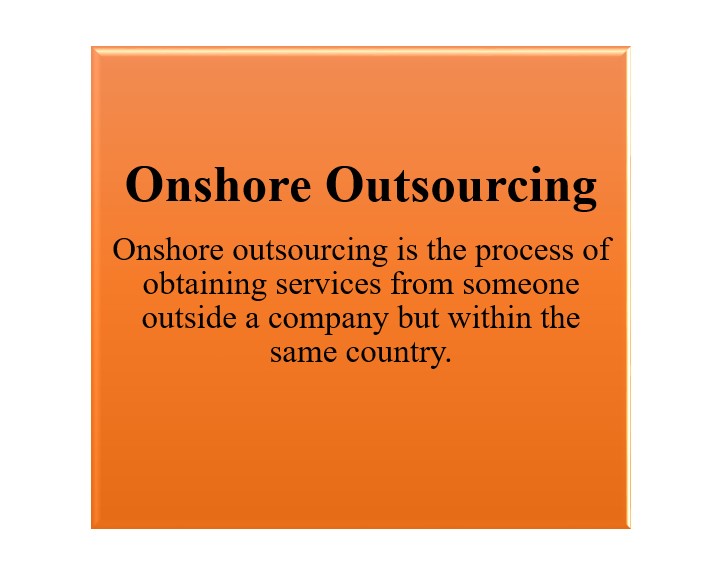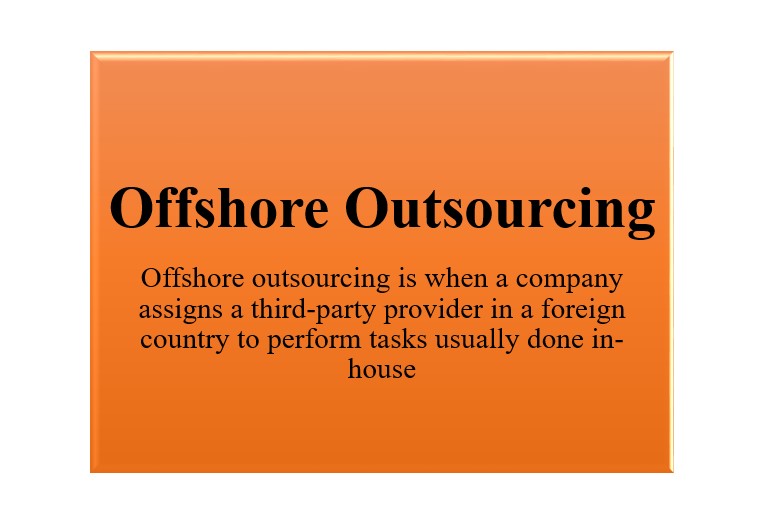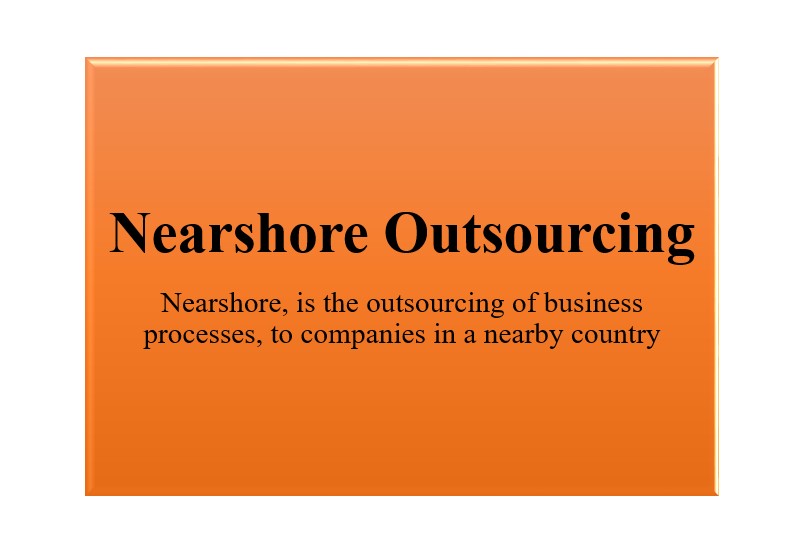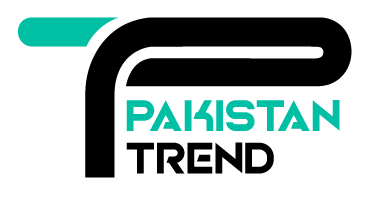Companies can expand into new areas, take advantage of economies of scale, and reduce their exposure to possible downturn risk through growth.
However, establishing a presence in new markets might also offer chances to access unexplored resources and foster higher creativity.
Increasing corporate expansion and revenue can be achieved through the effective use of outsourcing.
Furthermore, it is evident that an increasing number of companies are looking to outside partners for assistance, with the business outsourcing sector expected to be worth over $904 billion by 2027.
Here we discuss how outsourcing drives business growth and boosts revenue.
What Is Outsourcing?
Outsourcing is the process of hiring freelancers or external companies to do certain tasks.
Outsourcing includes IT services, marketing, HR, customer support or even manufacturing.
Simply, we can say that if there’s something your business needs but you don’t want to handle it internally, outsourcing could be the solution.
How Outsourcing Grows Your Business
Your company can benefit from outsourcing in many ways, which can result in sustainable growth.
Outsourcing can either increase existing internal capabilities or completely replace them depending on skill sets, resources, and needs.
Boost Efficiency
Businesses can increase productivity and save expenses by outsourcing work to outside service providers.
This is so that businesses can benefit from the infrastructure and experience that specialized suppliers can offer to help them streamline operations.
In markets like the UK, where the National Living Wage has just risen, outsourcing may also result in significant cost savings.
Having Access to Scale Economies
Businesses can take advantage of economies of scale through outsourcing which is frequently not possible internally.
Business process outsourcing (BPO) companies are able to complete jobs faster and for less money per unit because of their well-established procedures, tools, and assets.
However, companies can reduce expenses and streamline processes by utilizing the economies of scale offered by the supplier.
As a result, this will place your company in a stronger position to support more efficient, long-term growth.
Knowledge and Concentration
Businesses might gain from the expertise of specialized individuals by outsourcing tasks that are not part of their core business operations.
As a result, organizations can improve overall operational efficiency and production.
You Can Access Specialized Talent
Outsourcing provides companies with the unique advantage of accessing a global talent pool.
This gives businesses access to knowledge and abilities that might be hard to come by or unavailable locally.
Various Skill Sets
Professionals with specialized expertise, distinct viewpoints, and industry-specific talents can be of great value to businesses.
Increased Talent Pool
Outsourcing enables businesses to recruit employees more broadly. Organizations can access a wider pool of talent from around the globe by eliminating geographic restrictions.
As a result, found highly qualified individuals who can support the expansion and development of the company.
Businesses can gain access to expertise in specialized fields through outsourcing, which may be costly or challenging to acquire internally.
Talent Acquisition at a Low Cost
Hiring full-time staff might often be more expensive than using outsourcing to get specialized knowledge person.
Businesses can benefit from the low-cost structures and employment trends in different areas. For example, they can choose to outsource to South Africa.
This lowers recruitment and training costs for businesses by enabling them to hire bright, competent people at reasonable salaries.
Recruiting talent in specialized fields
Niche markets are excellent places to find talent at a reasonable price.
Businesses can gain access to expertise in specialized fields through outsourcing, which may be costly or challenging to acquire internally.
Quick Application of Specialized Skills
Organizations may instantly deploy specialized skills and expertise through outsourcing without having to wait for internal hiring or upskilling.
However, this lowers the cost of hiring and training new employees by enabling businesses to retain competent and talented workers at competitive salaries.
Outsourcing Techniques
This involves determining which tasks or procedures can be delegated to third parties in order to have the most possible impact, taking competitive advantage, resource optimization, and scalability into account.
Businesses may accelerate their growth line and achieve long-term success by leveraging external expertise, accessing global talent pools, and optimizing operational efficiency through the customization of outsourcing tactics to fit their specific needs.
5 Tips to Create a Successful Outsourcing Strategy
I suggest 5 tips before making your outsourcing strategy. This will help you to create and manage your business operations effectively. Let us now examine it in more detail.
Define your Goals
Prepare everything before you begin such as your business goals, needs, and even a few limits. The success of your outsourcing process will be largely determined by how successfully you complete this step, which will set the parameters.
Evaluate Your Own Capabilities and Limitations
Examine your internal capabilities in detail. What are you really good at? What needs a little encouragement? Perhaps your customer care operations are difficult for you to keep up with, even while your marketing team is outstanding.
Finding these advantages and disadvantages can assist you in selecting the appropriate processes for outsourcing.
Evaluate Current Business Practices
Take a moment and examine your business. Which areas of your present business activities are pain points? Is there a particular procedure that appears to cause everything to lag? Identify these areas of congestion; they are excellent candidates for outsourcing.
Put it all on the line. Using that list of operational issues, begin decomposing them into more manageable jobs or procedures. Consider the jobs that a third-party provider of outsourcing services could complete as well or even better.
You name it: payroll processing, data entry, IT support, etc.
Select the Appropriate Outsourcing Model
The effectiveness and profitability of your business can be directly impacted by choosing the appropriate outsourcing model.
The benefits of various models vary. All you need to do is examine each model in more detail and compare it to the objectives you established in the first phase.
Let’s discuss each model and you can see what each one offers and choose the best fit for you:

When you Choose Onshore
- If your business requirements are in compliance with strict regulations that are specific to your country.
- If you’re concerned about communication issues and would rather have a common language and cultural understanding.
- In order to work together in real-time without being concerned about time zones and to closely monitor your team that is being outsourced.
Offshore Outsourcing

When you Choose Offshore Outsourcing
- If you run a multi-zone firm and need to be productive around the clock.
- If you work in an industry where there is a local shortage of a certain expertise but there are competent individuals elsewhere.
- Because labor prices in the outsourcing destination will be lower, this is a good option if you’re trying to save costs without sacrificing quality.
Nearshore Outsourcing

When you Choose Nearshore
- If you wish to expand your company’s reach into nearby areas or investigate new markets.
- If you want to hire talent that has similar skill sets and cultural understanding because of geographic proximity.
- In case you’re looking for a way to combine tight collaboration with cost savings without the substantial time zone differences.
Partnering with the Right Outsourcing Provider
Pick the right outsourcing partner is more important. However, find someone who can assist you in optimizing your internal business procedures and who understands your corporate culture.
Here are some tips:
- Search different outsourcing companies that specialize in the services you’re looking to outsource
- Now, evaluate their expertise and experience
- Analyze the values, work ethics, and business practices of the potential outsourcing company
Monitoring and Optimization
After choosing an outsourcing model and best-fit outsourcing partner, it’s time to monitor and evaluate your strategy.
Establish KPIs and monitor them weekly or monthly. Your KPIs should include response time, customer satisfaction ratings, and resolution rates.
Furthermore, track issue fix rates, code quality, and project completion times.
The aim is to match these measurements with your initial goals is to see clearly whether you’re achieving your desired results or not.
You should also optimize your outsourcing strategy continuously. Determine areas for improvement by analyzing the facts and insights you have gathered.
Conclusion
We concluded that outsourcing can drive your business growth and success that’s why it’s necessary to analyze your business needs and create a successful outsourcing strategy that saves your time and cost also.
Outsourcing is a strategic tool for business expansion as well as a cost-saving solution.
So, businesses can focus on core competencies that are essential for success, accelerate expansion, and take advantage of new market opportunities by utilizing outside resources and experience.



